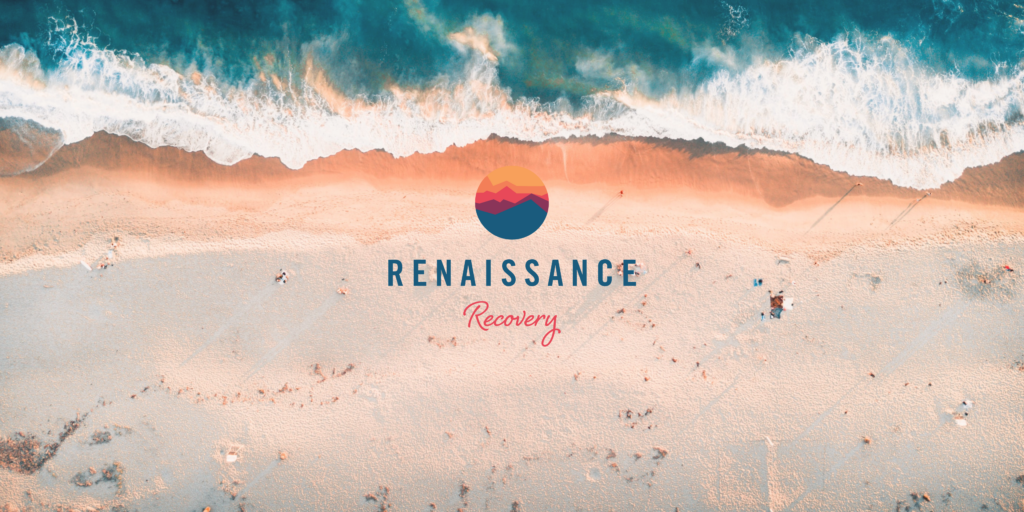Effexor (Venlafaxine) is an antidepressant medication of the SSRI (serotonin-norepinephrine reuptake inhibitor) class. Effexor side effects include nausea, sweating, and even more serious long-term effects like disrupted pregnancy and more. Effexor can also cause withdrawal as a result of addiction if someone becomes dependent on the drug.
Effexor works by affecting the two “feel good” chemicals in the body, norepinephrine, and serotonin. The drug works by making both more readily available for the body to use, and boosting your mood. This mood increase is what is deemed responsible for alleviating depression and anxiety symptoms.
Effexor is generally prescribed for major depressive disorder, generalized anxiety disorder, panic disorder, and social anxiety disorder. Also, it can be prescribed for those suffering from chronic pain.
Effexor is taken in pill form and comes in a standard and extended-release form. The dosage one may take of Effexor will vary from person to person. Generally, the recommended starting dosage is 75mg/daily. This dosage is intended to be spread throughout the day, 25mg at each meal 3x daily.
Depending on the patient, the dosage of Effexor can be increased up to 350/mg daily in the most severely depressed patients. When one is increasing their dose of Effexor, they should not increase their dose any sooner than every 4 days as the medication has a bit of a lag time kicking in.
What Are The Side Effects of Effexor?
Effexor can have quite severe side effects. Most notably, women in their 3rd trimester of pregnancy have developed respiratory complications and have even had trouble eating, which has required prolonged hospitalization.
Common side effects of Effexor can include:
- Loss of libido or sexual dysfunction
- Decline in physical strength
- Migraines or severe headaches
- Sweating
- Blurred vision
Less common Effexor side effects include:
- Blurred vision
- Pain in chest
- Trouble reaching completion during sex
- Rapid heartbeat
- Changes in mood
- Tinnitus
- Thoughts of suicide
Additional serious side effects of Effexor can include a life-threatening syndrome called serotonin syndrome. This syndrome can include agitation, sweating, changes in blood pressure, coma, confusion, and hallucinations. If you believe you are experiencing serotonin syndrome, contact your doctor immediately.
For those diagnosed with bipolar disorder, manic episodes may occur while taking Effexor. Manic episodes can be detrimental to one looking to alleviate symptoms of depression and anxiety. Additionally, Effexor may increase the likelihood of closed angular glaucoma, increased risk of bleeding, increased blood pressure, seizures, lung issues, and sexual dysfunction.
Aside from physical potential side effects, Effexor may also cause mental and emotional distress, even though the medication itself was created to alleviate these symptoms. Depression, suicidal thoughts, trouble sleeping, panic attacks, and or feeling extreme agitation or restlessness are some of the most common side effects. These symptoms can occur during, and after taking Effexor.

Does Effexor Interact With Alcohol?
Effexor affects the nervous system, and therefore consuming alcohol while taking Effexor can increase the nervous system side effects that come with Effexor. It is not recommended to consume alcohol because one may experience more drowsiness, difficulty concentrating, and impaired thinking and judgment.
Even a small amount of alcohol can cause adverse side effects. Since both Effexor and alcohol affect the central nervous system, using both together can cause the drug to not work properly and actually affect the person’s anxiety negatively.
Does Effexor Cause Withdrawal?
Stopping Effexor abruptly may result in a plethora of withdrawal symptoms. Just as someone would withdraw from a controlled substance, the withdrawals from Effexor are similar. So what happens when you stop taking Effexor?
A person withdrawing from Effexor (also known as venlafaxine withdrawal) may experience symptoms ranging from mild (like Effexor withdrawal itching) to severe (like Effexor withdrawal impairment), and can become dangerous if not managed properly. Effexor withdrawal symptoms include:
- Irritability
- Nausea
- Vomiting
- Headache
- Mood swings
- Itching skin
- Nightmares
- Stroke-like symptoms
- Impaired coordination
- Confusion
- Depersonalization
- & more
If the drug is stopped abruptly, Effexor withdrawal will usually begin about 8-12 hours after the patient’s last dose. Generally, like a narcotic drug, withdrawals will subside within two weeks. However, long-term side effects with Effexor have been reported.
These long-term side effects have included chronic pain, digestive issues, and returned depression.
Is Effexor Addictive?
While Effexor is one of the most common antidepressants on the market, it is also widely misused/abused. While it is considered physically non-addictive, it does affect the “feel good” centers, serotonin, and norepinephrine in the brain and therefore can be used to attain a given “high” feeling.
This “high” can absolutely become addictive. Furthermore, those taking this medication are typically suffering from another mood or anxiety disorder and are more susceptible to misuse. Memory problems, hallucinations, and nausea are signs that the patient is misusing and addicted to Effexor.
Almost always, the person will experience impaired relationships at work, with loved ones, and financial hardship. This is no different than being addicted to any other controlled substance.
Is Effexor Safe for Pregnant Women?
Effexor can affect both mother and child, so many doctors taper their patients off the medication during this time. While this may reduce the side effects, it may have additional side effects like mood swings, and withdrawals for the mother.
In either case, Effexor and pregnancy are not an ideal mix.

Get Treatment for Effexor Withdrawal & Addiction at Renaissance Recovery
If you or a loved one are struggling with Effexor withdrawal (or withdrawal from venlafaxine) or addiction, it’s important to seek help to prevent ongoing symptoms from becoming a health or wellness risk. At Renaissance Recovery, we provide world-class addiction recovery programs to those seeking recovery in beautiful beachside locations.
With our coastal location, premier treatment programs, and expert staff, Renaissance Recovery is a great place to reclaim your life and experience freedom from addiction.
Our programs include:
- Medication-Assisted Treatment (MAT)
- Dual-Diagnosis (Mental health and substance use)
- Expert clinical staff
- Access to all levels of care through our partners
- Exciting activities like beach days, hiking, and surfing
- Holistic therapy
- & more
If you’re ready to get started on your recovery journey, call our friendly team today at 866.330.9449 to get started.









